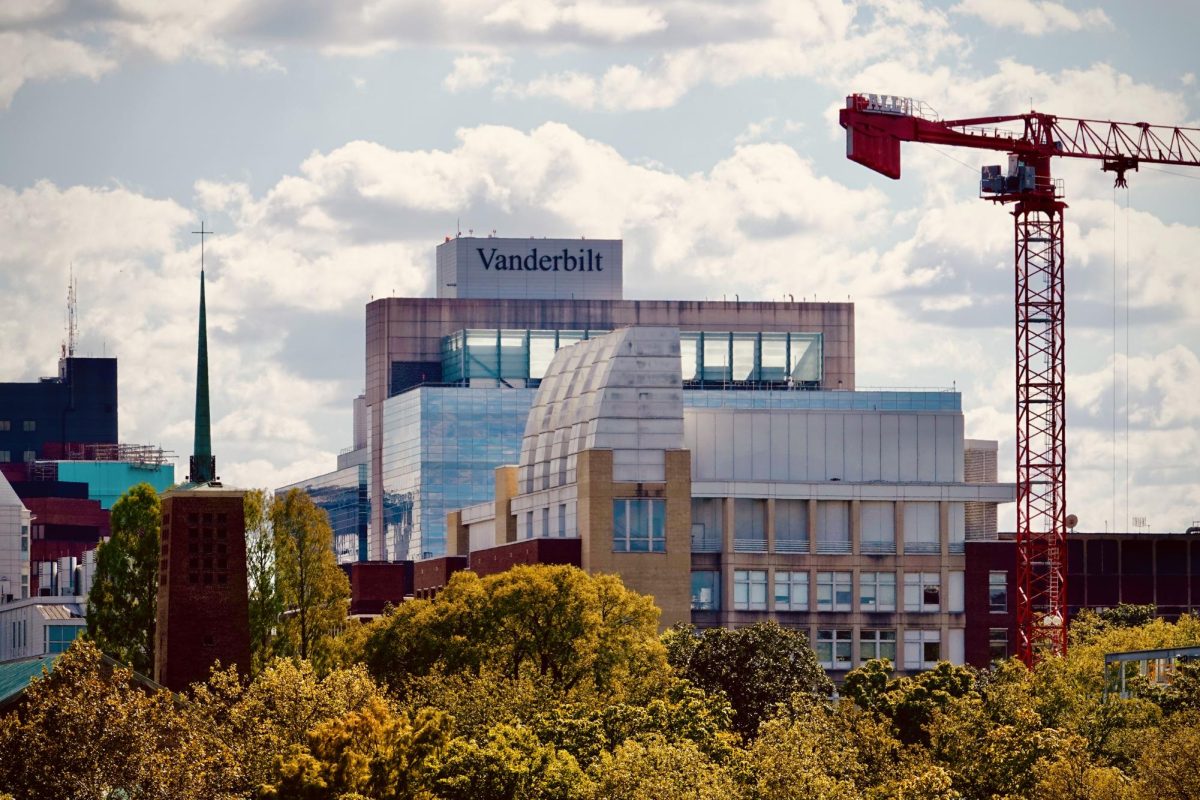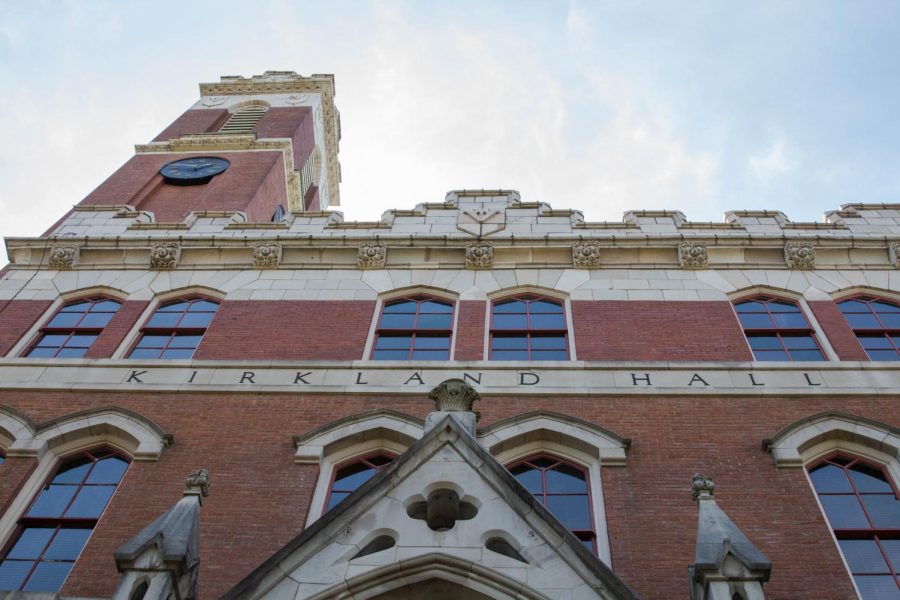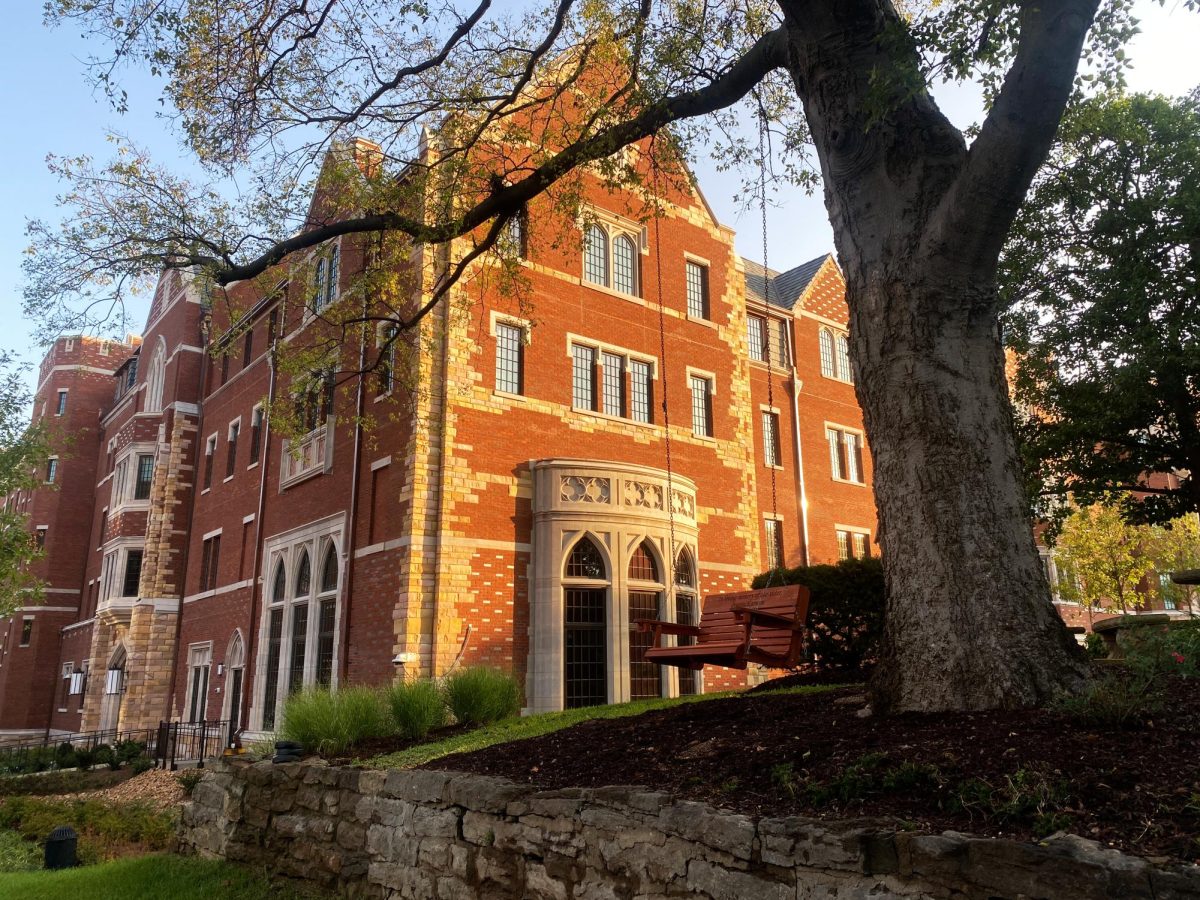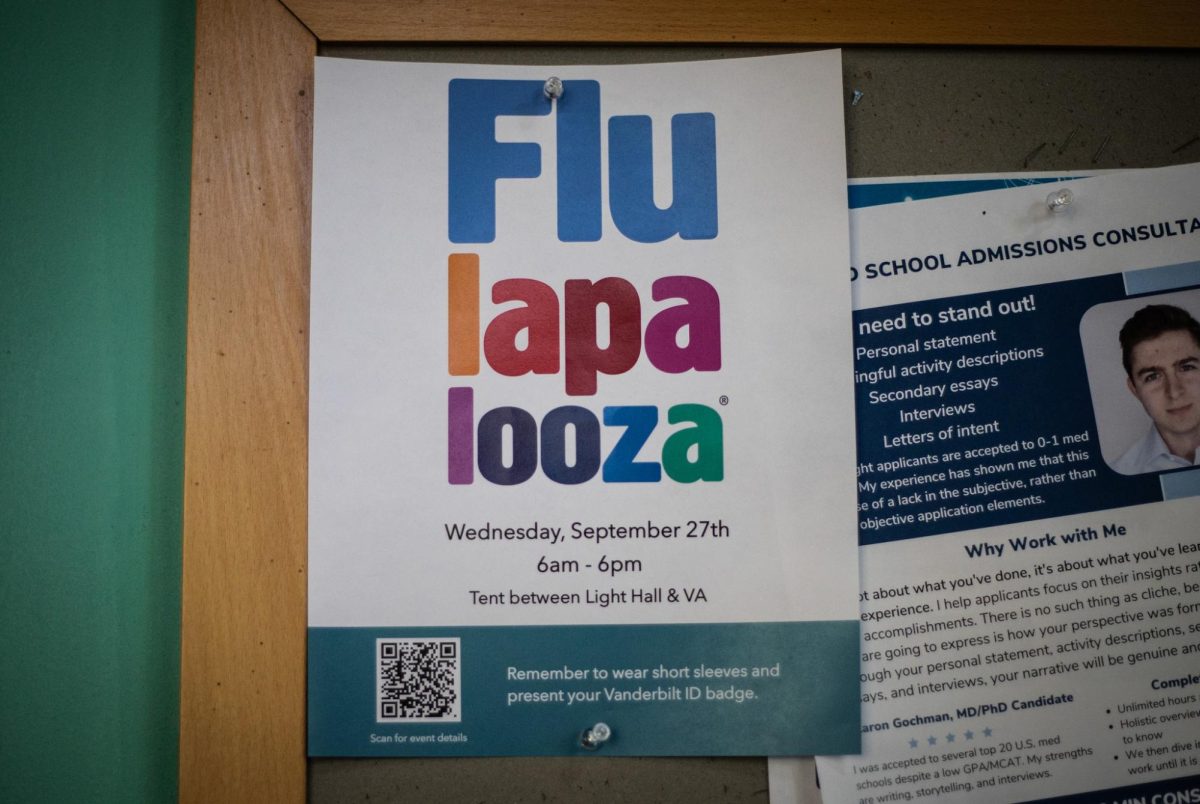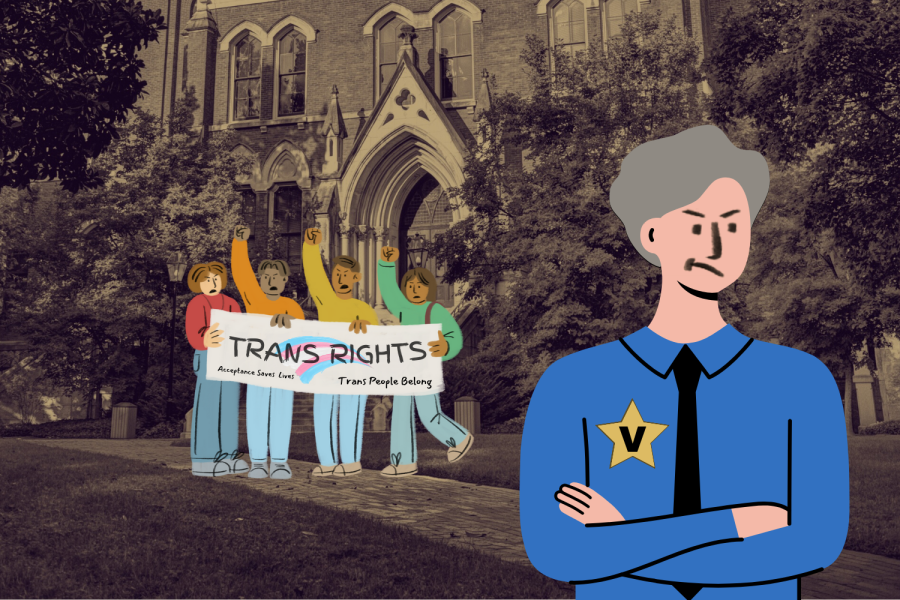UPDATED: This article was updated at 11:17 a.m. on March 31 to include a comment from a VUMC faculty member on the announcement.
VUMC President and CEO Jeff Balser shared a video message with VUMC faculty and staff on March 26 announcing that the medical center is working to reduce its budget by $250 million for the fiscal year beginning on July 1. Terming these cuts “a conservative approach” to budget changes, he spoke to the challenges associated with this plan and its potential impact on VUMC’s operations.
This message was followed a day later by the university’s release of an independent report revealing that VUMC’s operations alone contributed $10.2 billion in output and 97,704 jobs to Nashville and broader Tennessee from 2019-24.
“The question is how to achieve this sizable cost reduction without sacrificing our missions of patient care, discovery and training — services essential to millions throughout the Mid-South and nationwide,” Balser said in his message.
Balser clarified that VUMC will maintain full staffing for its clinical operations and “hire aggressively” to ensure completion of the Jim Ayers Tower, a 180-bed, 470,000-square-foot construction project that aims to open its first floor in October 2025.
The cuts will most directly impact hiring for VUMC’s research operations and administrative operations, including human resources, IT and finance, according to Balser. He also acknowledged threats to research programs that lack external grant funding.
“Some programs will experience reductions — particularly those that cannot be fully supported on grants or the generous gifts from our donors. And some people working in those programs will be unable to continue at VUMC,” Balser said in his message.
Due to the limited resources, available funding will require rationing. Balser said VUMC’s plan is to direct these funds to early-career researchers “who are launching their programs and gaining their momentum.”
Assistant Professor of Medicine Corey Bolton, who completed the Vanderbilt Faculty Research Scholars Program that provides researchers with internal career development funding, called it “greatly reassuring” that VUMC plans to prioritize early-career researchers.
“It is a difficult time to be an early career researcher, but I greatly appreciate the support I have received from VUMC. My immediate mentorship team has provided guidance through every twist and turn I have experienced along the way, proving to be an anchor amid the uncertainties surrounding NIH-funded research these days,” Bolton said. “I feel fortunate to have strong institutional backing in these difficult times.”
A representative from VUMC declined to answer how the institution will determine which specific positions to cut and which specific early-career researchers to prioritize. They also did not specify which congressional and executive orders these actions are responding to.
“In response to recent [federal] administrative orders impacting financial resources for medical research, it is necessary for VUMC to strategically reduce research operating costs,” the representative said in a message to The Hustler. “Hiring for most research positions will be paused and other cost-saving measures will be implemented.”
Balser noted that, though federal actions continue to create uncertainty, VUMC will remain steadfast in its commitment to patient care.
“We cannot allow developments in Washington to impact our vital clinical programs. Millions of patients are depending on us,” Balser said in his message. “We are working closely with our national organizations to make it well understood that curtailing research has long-term negative consequences for the health of people in our region and across America.”

